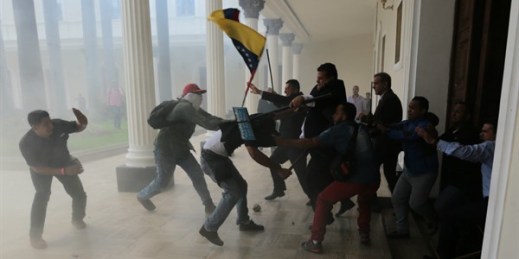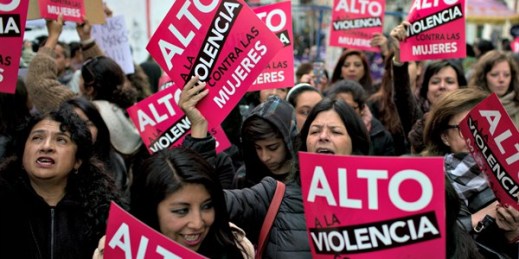
At the end of 2015, South American political and economic prospects were promising. Just 18 months later and the situation has been upended, leaving a region whose future is not nearly as bright as it once appeared to be. SANTIAGO, Chile—Imagine an Obama administration official looking out at the world from the vantage point of December 2015. The Middle East is engulfed in bloody conflict and crackdowns on domestic dissent. Africa is muddling through a humbling correction to the “success story” narrative that had been used to portray the continent’s preceding decade of dynamic growth and democratic progress. Asia is […]


